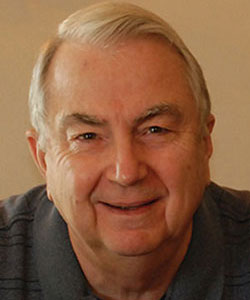
The Nature of Spiritual Practice
by Robert Brumet
Spiritual practice has both active and passive elements. The passive element is to deliberately refrain from activities that substantiate and reinforce an egocentric identity. We practice by not doing that which is familiar and habitual. … We do not indulge the ego’s demand for our attention. This is the practice of “not doing.”
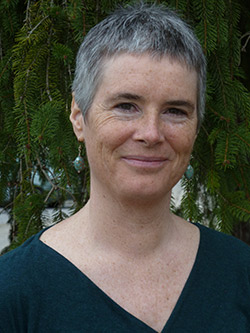
Kindhearted Awareness
by Rebecca Bradshaw
Kindhearted awareness is what makes it possible for us to relax. Many of us come to practice, however, with a tendency to want to fix ourselves, or to “fix” experience, rather than with a sense of kindness toward ourselves. If we have this covert agenda of aggressiveness towards ourselves, towards our experience of life, this will color our ability to trust silence, stillness, and presence.
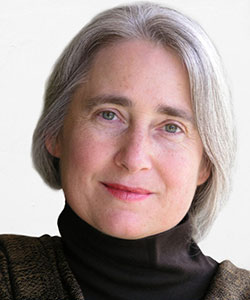
Overcoming Doubt through Direct Experience
by Shaila Catherine
In the Middle Length Discourses, there is a parable of a person born blind who could not see dark or light forms, colored forms, or the stars, sun, or moon, and so he says: “I do not know these. I do not see these. Therefore, these do not exist.” … This tendency—to doubt what has not yet been experienced—is relatively common in the Western Dhamma scene.
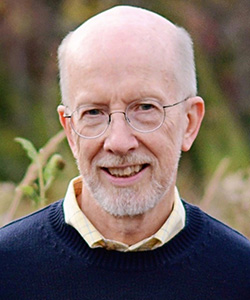
The Practice of Acceptance
by Philip L. Jones
Like most meditators, I’ve often had the experience of noticing that I’ve become lost in thoughts about some incident in my life. …When I get caught in these stories, the mind, heart and body become more tense and cramped. There is suffering. How can we relate to these experiences so that we allow more freedom into our lives rather than creating more suffering?
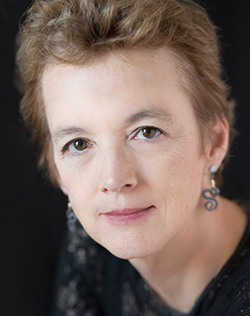
Can the Truly Humble Attain Greatness in World Affairs?
by Lila Kate Wheeler
The man who eventually became known as the Buddha, which simply means ‘awakened,’ was born into the ruling class in northern India about 2,600 years ago. Exceedingly well-educated, he is said to have mastered all the skills of warfare and politics as part of his leadership training. … The Buddha’s interest lay not in aggrandizing himself or enlarging his kingdom, but rather in finding the most effective approach to allaying human distress.